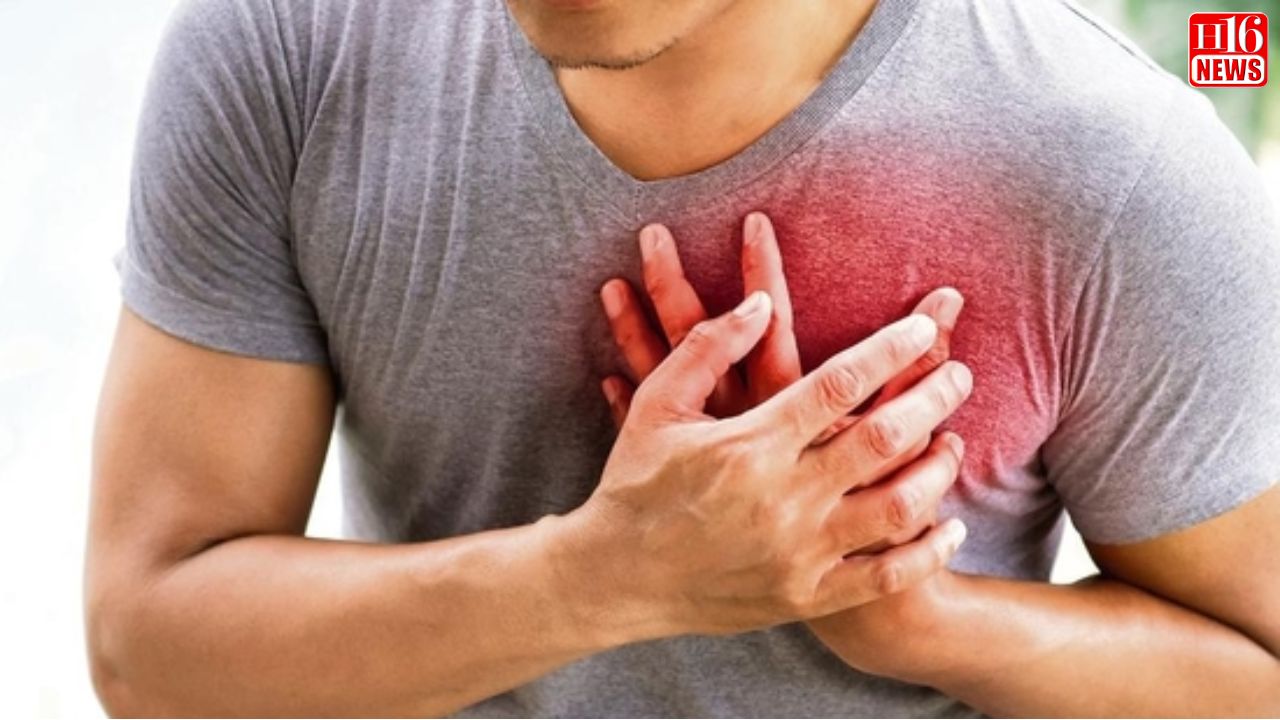You Experience These Symptoms Few Days Before Heart Attack
The body sometimes gives warning signs a few days or hours before a heart attack, especially in women and elderly people.
"The body sometimes gives warning signs a few days or hours before a heart attack. These signs are often mild and ignored, especially in women and elderly people. Some dismiss it, thinking it is due to acidity and acid reflux," observes Dr Gaikwad.
Most of us have heard that heart attack is sudden but this is not true. Experts say and many studies have proven that before heart attack, a person experiences a few symptomps that usually go unnoticed or many ignore. Dr Laxman Gaikwad, Senior Consultant Interventional Cardiologist, AIMS Hospital, Dombivli in Mumbai says that before heart attack, our body starts giving signals. Heart attack is a result of blocked or low oxygen and blood flow to the arteries in the heart.
Usually, the blood blockages in the heart are caused by a buildup of fat, cholesterol, and other substances in the coronary arteries. This forms plaque, fatty and cholesterol-rich deposits in the arteries of the heart. Sometimes, this plaque can rupture and form a clot, which blocks blood flow directed toward the heart. Dr Gaikwad says, a person experiences a few symptoms before heart attack, "at least a few days before."
Common Signs That One Experiences Few Days or Hours Before Heart Attack:
According to Dr Gaikwad common symptoms ahead of heart attack inclued chest pain that may feel like pressure, tightness, pressure, or pain.
Pain or discomfort that spreads to the shoulders, arms, back, neck, jaw, teeth, or sometimes the upper abdomen.
Breathing in cold sweat
Feeling tired without doing anything
Heartburn
Feeling of indigestion
Dizziness
Feeling of nausea
Difficulty in breathing
"Recognizing these early symptoms and seeking immediate medical help can be life-saving and help prevent major damage to the heart," says Dr Gaikwad.
What You Should Do?
If you see symptoms of heart attack, you should immediately consult a doctor, advises Dr Gaikwad, and follow all instructions given by the doctor carefully.
Include healthy things in your diet.
Eat things that prevent blood clots from forming.
Include light exercise in your daily routine.
Make changes in your diet as per doctor's advice.
According to a five-year study by Aakash Healthcare, Delhi, heart attack cases have more than doubled after the COVID-19 pandemic, with emergency cases rising by 60%. The study notes that heart attack cases from hospitals across India between 2020 and 2023 show that 50% of heart attack patients are below the age of 40. Experts say this rise of heart attack cases is due to sedentary lifestyle, stress, poor diet, smoking, alcohol consumption, and even genetic factors.
"It is the need of the hour to listen to what the body says and go for timely screening that consists of an ECG to ensure proper functioning of the heart," suggests Dr Gaikwad.
Read More :

